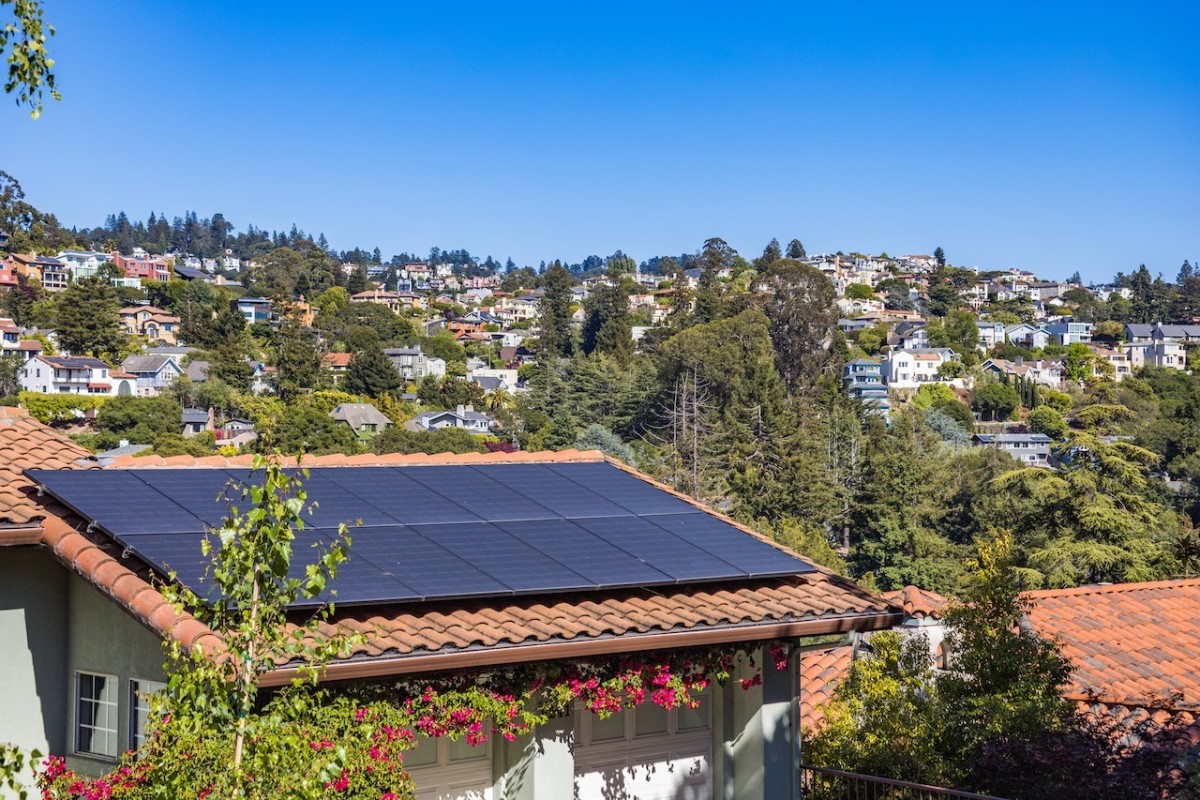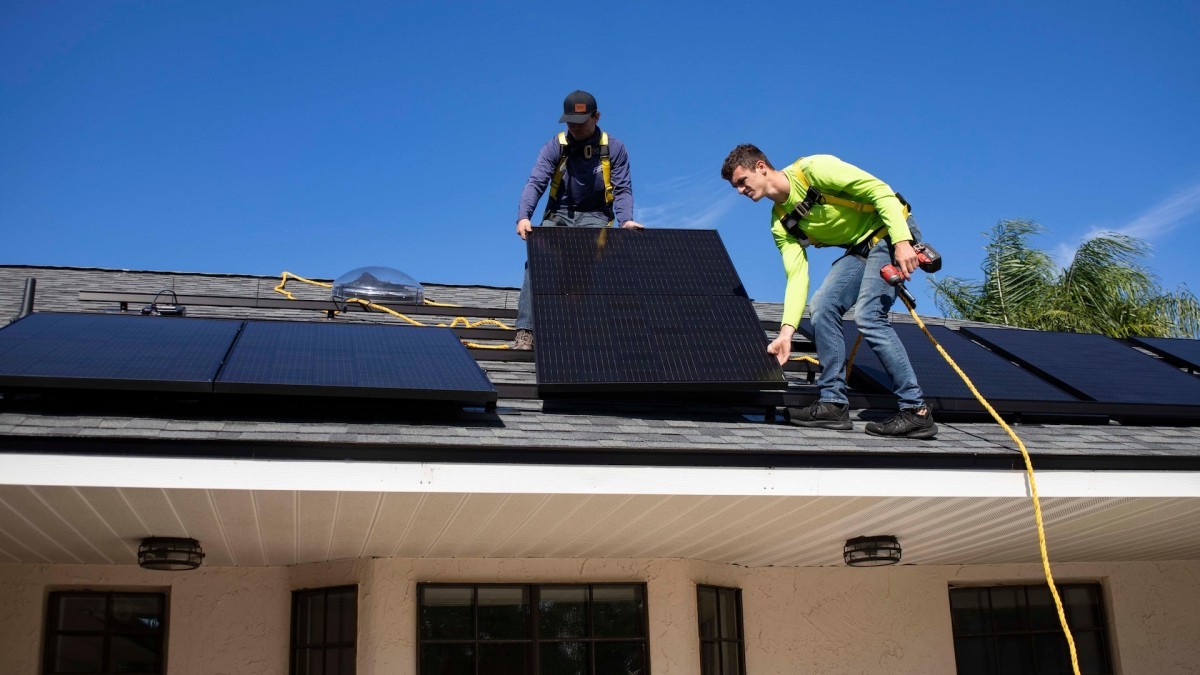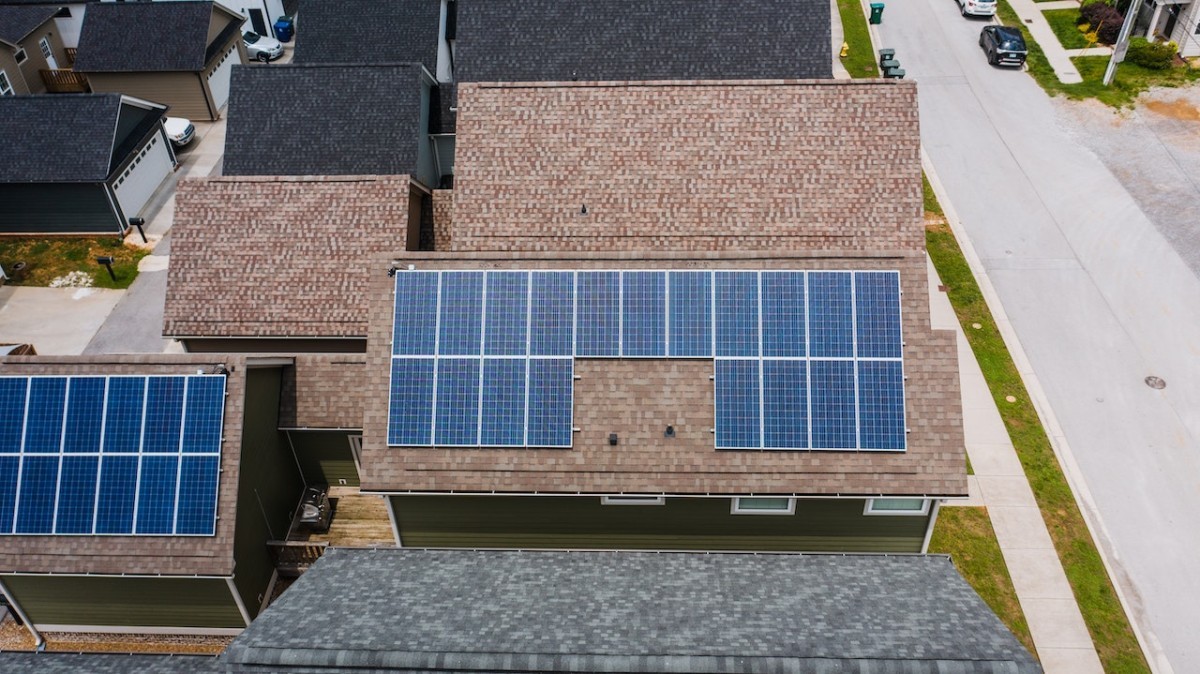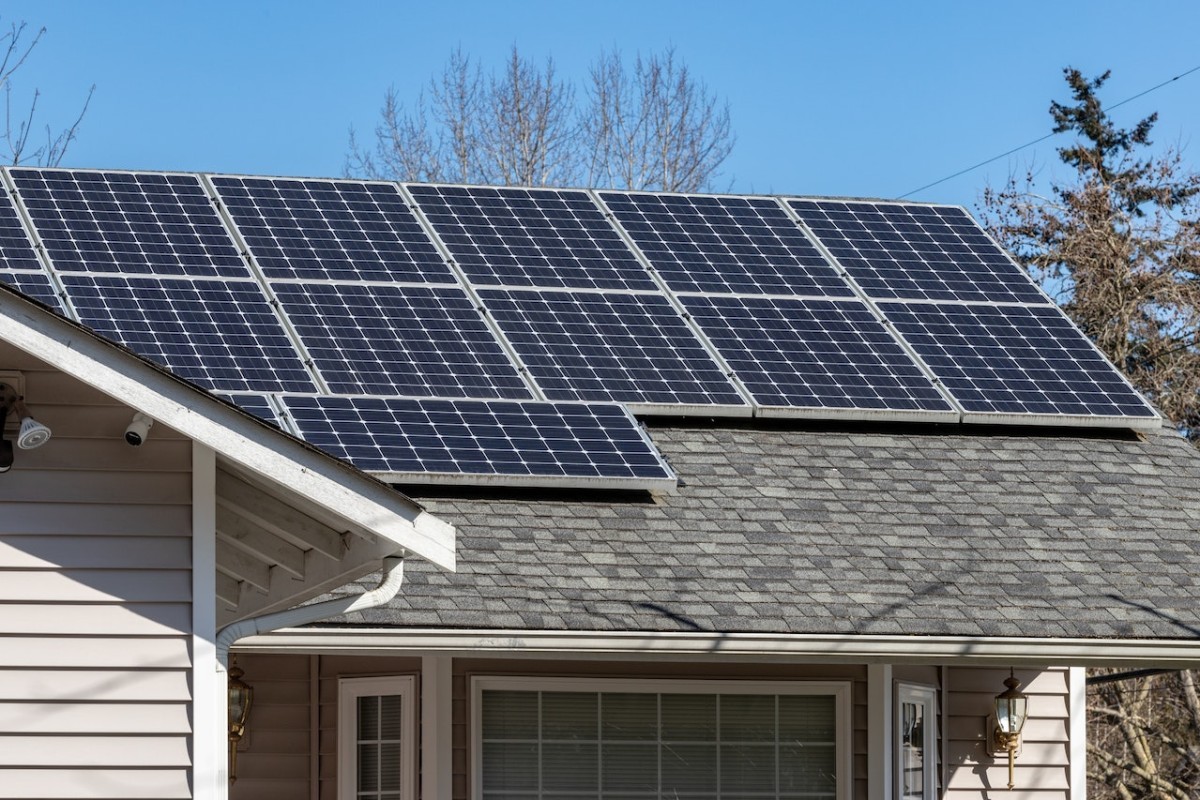
Self-supply photovoltaic systems have certain limitations, the cost being one of the chief ones, as it is inaccessible for many people. Grants are available but take a long time to be paid, usually after installation. However, there is a way to benefit from the advantages of solar energy without paying any initial cost: renting solar panels. The experts at Habitissimo tell us all about it.

What is solar panel rental?
Some companies offer solar panel rental as an alternative to consumers who cannot or do not wish to assume the cost of solar panels, and have enough space in their homes to install them. They can benefit from the advantages of self-supply without paying any initial costs.
The energy generated by the solar panels will be used solely for the owner's own consumption. In return, the owner will pay the company a monthly rental and maintenance fee.
There are, however, some issues that should be clearly outlined in the contract signed with the company that owns the facility:
- The monthly fee depends to a large extent on the installation's size. Small installations usually start at €25/month. If you have between six and ten panels, the price would be between €40 and €60/month, etc.
- The contract duration is usually 20 years, although it may be shorter.
- Whether the user can buy the system at the end of the contract or even before. This is a considerable difference compared to the leasing of solar panels, where the ownership of the installation is transferred to the user at the end of the contract.
- Maintenance conditions and how possible breakdowns are resolved.
- Additional services from the solar panel company: cleaning, upgrades, etc.

Renting solar panels pros and cons
Renting solar panels is an attractive option, even more so than buying in some cases. But before deciding whether it's best to rent or buy, you should carefully analyse the pros and cons.
What are the pros of renting solar panels?
- No initial outlay is required.
- The company is responsible for the maintenance costs.
- You can take advantage of the surplus compensation system. This means you can get a discount on your bill for energy you produce but do not consume.
On the downside, there are also cons:
- Being charged a fee means the return you get from the panels is lower.
- If you choose to buy at the end of the contract, you will have paid much more for the installation. Remember that the return on investment usually takes seven to eight years, and contracts often have a term of 20 years.
- There are no public grants available to install self-supply systems.

So is renting or buying solar panels better?
It all depends. If you can pay for the installation, the initial purchase means amortising the investment much earlier, as you benefit 100% from the energy produced and can access grants that will reduce the budget considerably. In addition, if you want to sell the house, solar panels can increase your property value significantly.
But if you don't have enough budget to buy, renting solar panels is a great decision, as you can significantly lower your electricity bill. Moreover, you should keep in mind that the useful life of these installations is at least 30 years, so if you buy the installation at the end of the contract, you will still be able to make a good return on your investment.